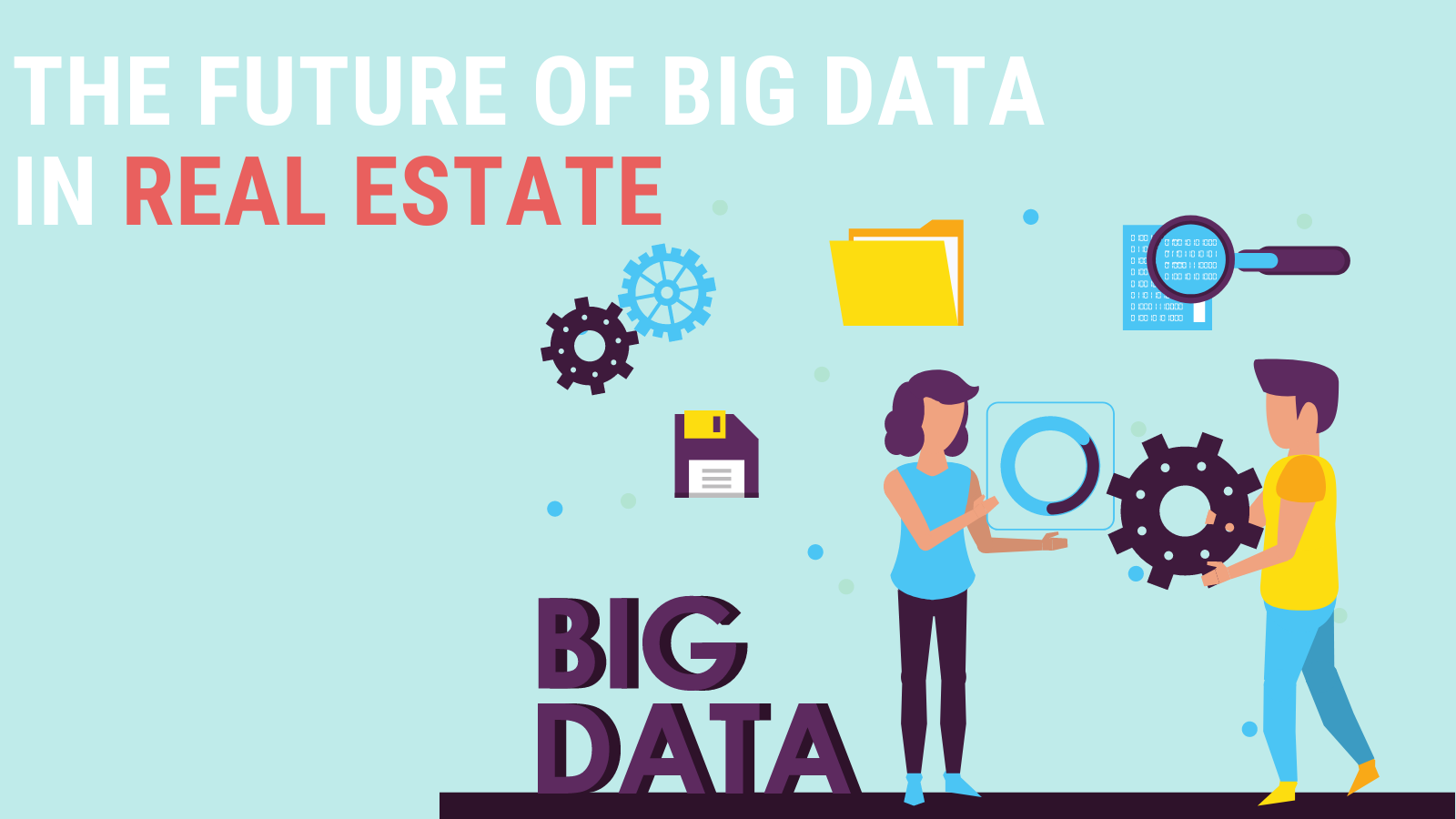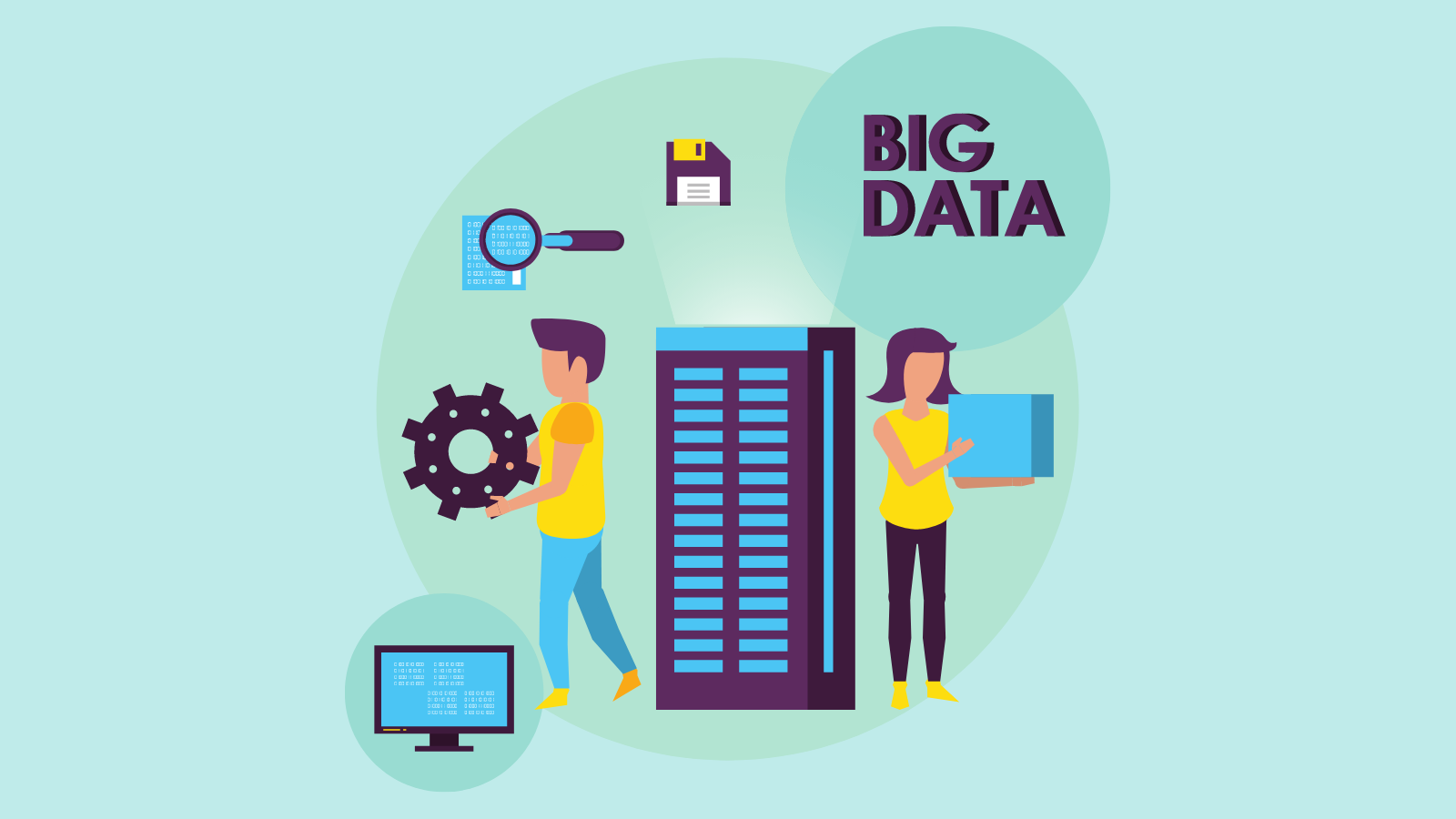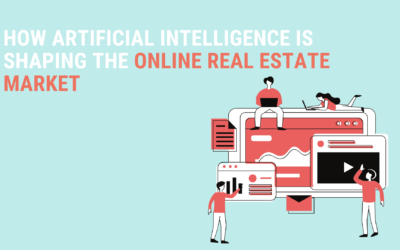The Future of Big Data in Real Estate
26 January 2021 | 4 min read

You’ve heard all the cliches.
“Data is the new oil.”
“Whoever controls the data, controls the customer.”
“Data is our most important asset.”
Whether you think it’s a buzzword or not, it’s impossible to downplay how big of an impact big data has had on modern life. If you look at the biggest and most influential companies that have been built over the past few decades, you’ll find big data at the heart of all of them. The real estate industry is no exception.
The future of the real estate industry is inextricably intertwined with big data. An industry that was hamstrung by information asymmetry for so long can now be opened up and expanded in a way that simply wasn’t possible before. By leveraging what big data is capable of, the industry is transforming in front of our eyes.
Let’s look at some of the key real estate big data trends to look out for in 2021 and beyond:
More Efficient Markets
Before big data enabled the proliferation of online real estate portals, the power sat with real estate agents and professionals because they held all the information. They were a necessary gatekeeper for consumers and, as such, could dictate a lot of how the market operated. As was to be expected though, the incentives weren’t aligned in most cases and what resulted was an inefficient market where the information asymmetry drove sub-optimal deals and a lot of buyer’s remorse – while the real estate agents walked away with the commission they wanted.
Big data changes all of this because it brings the whole industry into the light. Through the quantification of these real estate listings, online portals can provide full transparency to their consumers, and the fact that there is so much competition means that the market has become much more efficient as a result. The power now sits with the online real estate portals whose interests are much better aligned with customers. If they are able to leverage big data to curate a high-quality, curated and individualized experience for online buyers, then they will benefit from the associated business they create.
At a certain scale, the data that these portals have access to is a goldmine in terms of analyzing the market and understanding what each individual customer needs better than they even realize. At the end of the day, the deals done are better matched and leads to more satisfied stakeholders all around.

Property Valuations
Building on the point above, the price of a property is obviously one of the most crucial pieces of information in these transactions. And because of the quantum, slight discrepancies, either way, are material to both the buyer and the seller. Big data is an incredibly powerful tool in achieving more equitable property valuations because it can compare thousands of listings with similar features and preferences – to arrive at a much more accurate market price than might be negotiated between two individuals with a fraction of the relevant data. Big data quantifies the supply and demand in real-time – which gives an authentic source of truth for valuations that makes the transaction much fairer than was previously possible.
This innovation alone has brought a whole new range of buyers into the market because the transparency around pricing allays many of the biggest fears experienced by people wanting to purchase real estate.
Customer Trust
Buying a property is a significant investment and buyers will spend an inordinate amount of time and energy deciding on their eventual choice. In this process, it’s impossible to escape the emotion of this sort of purchase. No matter how logical and rational you think you are being, the core piece of these transactions is trust. Can I trust that the property is as described? Can I trust that this price is fair, and I won’t regret it? Can I trust that this is the right selection for me and my family?
The effective usage of big data by online real estate portals provides a level of transparency and objectiveness that significantly boosts the level of trust that a customer is willing to place in you. Instead of worrying that the real estate agent is taking them for a ride, the customer can do their own research and through quantified, filtered searches – they can be much more confident in any purchasing decisions that they make. Big data eliminates the personal incentives that can make real estate murky and instead replace it with the wisdom of the crowds that results in better information across the board.
Understanding Market Trends
The real estate market is constantly shifting and adapting to changing circumstances and it’s very difficult to point to individual factors that are moving the needle. The potential inputs that push the market one way or another are vast and interconnected. Analyst predictions have been famously inconsistent for this very reason. Forecasting future market trends or even just understanding the current macro-sentiment is very difficult to do well.
Big data shines in tasks like this because it can ingest various sources of data and look for correlations without emotion or prejudice – but rather by applying the latest in machine learning to arrive at data-driven insights. These insights are not a silver bullet, but they do provide a much more robust set of information from which to make decisions. When used effectively, this can greatly influence strategy, marketing, product roadmaps, and the like – making real estate companies that much more agile. It takes a lot of focused work to set up your data collection, processing and visualization in a way that serves this purpose – but once you’ve got that right, you’ll be amazed at what potential opportunities open up to you.

Conclusion
The future of big data in real estate is bright. For all the innovation we’ve seen in the space over the last few years, there is still incredible room for growth across every stage of the value chain. Real estate is one of those industries that naturally generates lots of highly contextual data and, when used effectively, it can be the building blocks for a real estate company of the future. One that understands each customer intimately, can match them with a listing that meets their unique set of requirements and can build a business that scales insights and information in order to stay ahead of the curve.
If you’re in real estate and you’re not thinking about how to leverage big data in your organization, you’re going to find yourself on the wrong side of history.

Check out our computer vision solutions



Check out our computer vision solutions

How House Alerts Help To Obtain Higher Click-Through Rates
Thanks to house alert systems, you can quickly inform potential buyers when new properties that match their criteria show up. Here is a step-by-step guide that will show you how you can retarget potential customers and help them find the house of their dreams.
Two Unique Dashboards That Will Help Your Real Estate Agents Close More Deals
Being successful in sales is about knowing your product inside out and knowing everything there is to know about your customer. Luckily, it’s easier to achieve these two goals today than ever before by using some unique dashboards. Read everything about it here:
How Artificial Intelligence is Shaping the Online Real Estate Market
Now in 2021, the message is clear; AI is here, and it’s here to stay. But what impact does this technology have on the real estate market? Read everything about it in this article



